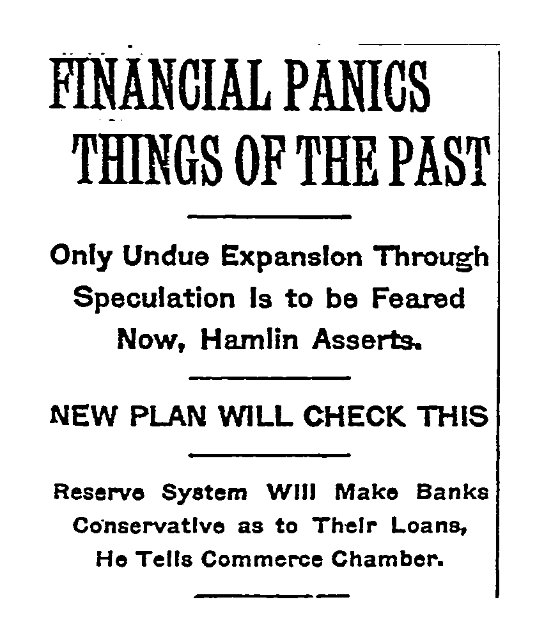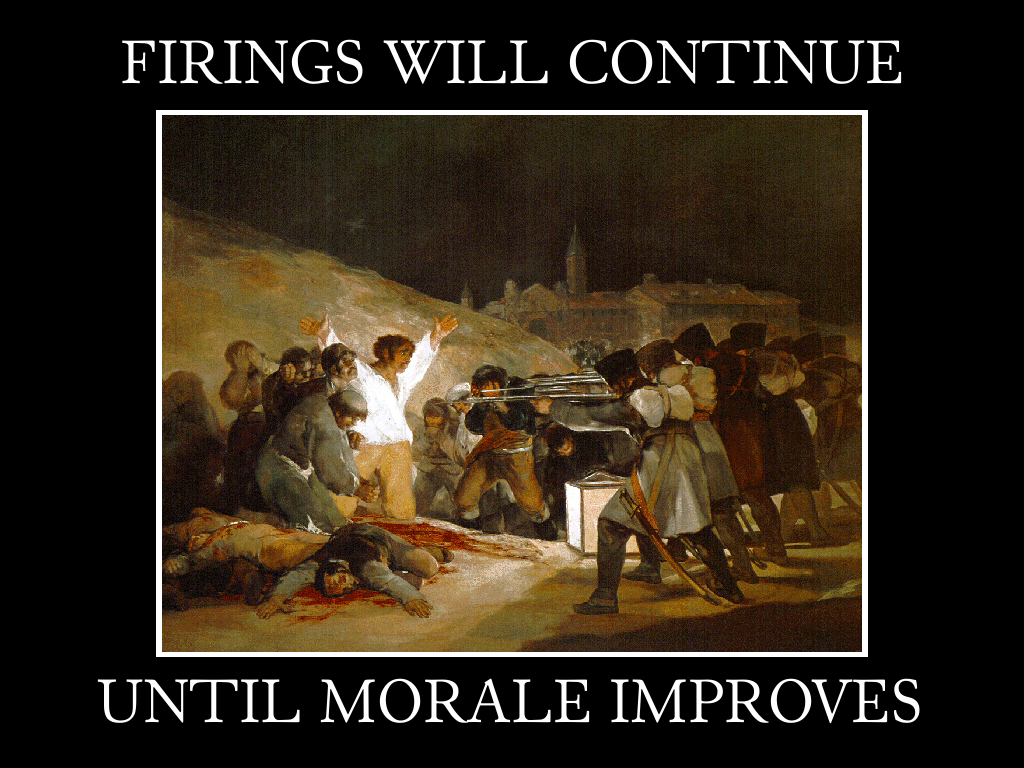Now if a parent may own his child (within the framework of non-aggression and runaway-freedom), then he may also transfer that ownership to someone else. He may give the child out for adoption, or he may sell the rights to the child in a voluntary contract. In short, we must face the fact that the purely free society will have a flourishing free market in children. Superficially, this sounds monstrous and inhuman. But closer thought will reveal the superior humanism of such a market. For we must realize that there is a market for children now, but that since the government prohibits sale of children at a price, the parents may now only give their children away to a licensed adoption agency free of charge. This means that we now indeed have a child-market, but that the government enforces a maximum price control of zero, and restricts the market to a few privileged and therefore monopolistic agencies. The result has been a typical market where the price of the commodity is held by government far below the free-market price: an enormous “shortage” of the good. The demand for babies and children is usually far greater than the supply, and hence we see daily tragedies of adults denied the joys of adopting children by prying and tyrannical adoption agencies. In fact, we find a large unsatisfied demand by adults and couples for children, along with a large number of surplus and unwanted babies neglected or maltreated by their parents. Allowing a free market in children would eliminate this imbalance, and would allow for an allocation of babies and children away from parents who dislike or do not care for their children, and toward foster parents who deeply desire such children. Everyone involved: the natural parents, the children, and the foster parents purchasing the children, would be better off in this sort of society
(From: Murray Rothbard, “Ethics of Liberty”, chapter fourteen: children and rights)
Author: mawhrin-skel
we’re here only for prophet
AsideWhy, all our art treasures of to-day are only the dug-up commonplaces of three or four hundred years ago. I wonder if there is real intrinsic beauty in the old soup-plates, beer-mugs, and candle-snuffers that we prize so now, or if it is only the halo of age glowing around them that gives them their charms in our eyes. The “old blue” that we hang about our walls as ornaments were the common every-day household utensils of a few centuries ago; and the pink shepherds and the yellow shepherdesses that we hand round now for all our friends to gush over, and pretend they understand, were the unvalued mantel-ornaments that the mother of the eighteenth century would have given the baby to suck when he cried.
Will it be the same in the future? Will the prized treasures of to-day always be the cheap trifles of the day before? Will rows of our willow-pattern dinner-plates be ranged above the chimneypieces of the great in the years 2000 and odd? Will the white cups with the gold rim and the beautiful gold flower inside (species unknown), that our Sarah Janes now break in sheer light-heartedness of spirit, be carefully mended, and stood upon a bracket, and dusted only by the lady of the house?
That china dog that ornaments the bedroom of my furnished lodgings. It is a white dog. Its eyes blue. Its nose is a delicate red, with spots. Its head is painfully erect, its expression is amiability carried to verge of imbecility. I do not admire it myself. Considered as a work of art, I may say it irritates me. Thoughtless friends jeer at it, and even my landlady herself has no admiration for it, and excuses its presence by the circumstance that her aunt gave it to her.
But in 200 years’ time it is more than probable that that dog will be dug up from somewhere or other, minus its legs, and with its tail broken, and will be sold for old china, and put in a glass cabinet. And people will pass it round, and admire it. They will be struck by the wonderful depth of the colour on the nose, and speculate as to how beautiful the bit of the tail that is lost no doubt was.
We, in this age, do not see the beauty of that dog. We are too familiar with it. It is like the sunset and the stars: we are not awed by their loveliness because they are common to our eyes. So it is with that china dog. In 2288 people will gush over it. The making of such dogs will have become a lost art. Our descendants will wonder how we did it, and say how clever we were. We shall be referred to lovingly as “those grand old artists that flourished in the nineteenth century, and produced those china dogs.”
The “sampler” that the eldest daughter did at school will be spoken of as “tapestry of the Victorian era,” and be almost priceless. The blue-and- white mugs of the present-day roadside inn will be hunted up, all cracked and chipped, and sold for their weight in gold, and rich people will use them for claret cups; and travellers from Japan will buy up all the “Presents from Ramsgate,” and “Souvenirs of Margate,” that may have escaped destruction, and take them back to Jedo as ancient English curios.
— Jerome in “Three Men in a Boat (To Say Nothing of the Dog)”
totally unrelated
AsideHuman beings, who are almost unique in having the ability to learn from the experience of others, are also remarkable for their apparent disinclination to do so.
— Douglas Adams
lost in translation
AsideUKIP should have a motto. How about “Ourselves Alone”?
— Gary Farrell
those damn leftists
AsideWhenever the legislature attempts to regulate the differences between masters and their workmen, its counsellors are always the masters. When the regulation, therefore, is in favour of the workmen, it is always just and equitable; but it is sometimes otherwise when in favour of the masters.
don’t talk to lawyers for they may respond
Asidea cautionary tale
…so I had a close encounter with an enraged lawyer threatening me with a lawsuit yesterday. That was quite a learning experience, and I’d like to share some of the things I’ve learned:
things some Polish lawyers find perfectly acceptable and appropriate
- telling a story about a progenitor who, being a district commander of country-wide paramilitary organisation named “Rifleman”, threatens miners on a strike with sending said Riflemen “wearing iron helmets” to quash the strike, is then being slapped with a criminal lawsuit and finally is freed from charges by a court because said court was “friendly to the paramilitaries”,
- thinking that it’s a hilarious anecdote about a revered forebear,
- not seeing anything wrong with all the above
things some Polish lawyers find worthy of threatening with lawsuit
- using an expletive with regard to the aforementioned forebear’s behaviour,
- comparing the revered ancestor to other historical figures with the habit of sending armed forces to quash miners’ strikes by the use of deadly force,
- giving an example of another story that would be just as wildly inappropriate as the one above
things some other Polish lawyers find wildly inappropriate
- having and expressing an opinion on someone’s ancestral behaviour while being situated somewhere left to the centre on the political spectrum
things to do to save yourself trouble when discussing some Polish lawyer’s ancestors
- don’t use expletives even when fully warranted,
- use all the titles and as much formal language as possible,
- remember about the no expletives rule, or you’re going to severely impair your chances when the judge gets to you,
- use euhphemisms, like an equivalent of “honourable”, and think warmly about Ambrose Bierce,
- do go and re-read the “Devil’s Dictionary”, it will improve your mood
no Polish lawyers’ egos were harmed during preparation of this article
No comment.
Image
Positive thinking
Image
